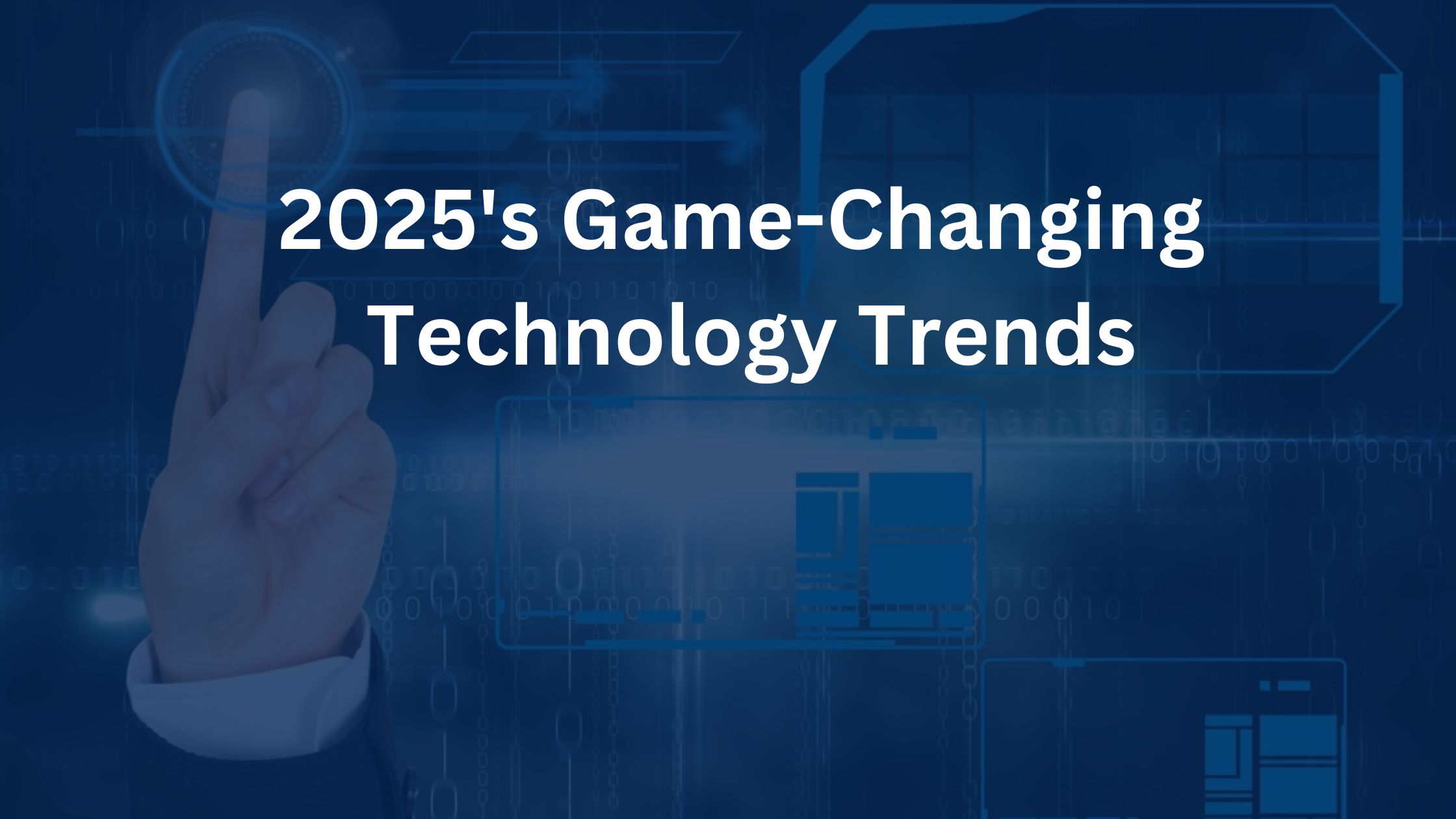
In today’s fast-paced world, technological advancements are transforming industries and redefining everyday life. To thrive in this ever-evolving landscape, it’s crucial to stay adaptable and open to the innovations that shape the future. From artificial intelligence to energy-efficient computing, the trends highlighted here are poised to revolutionize sectors and bring about profound changes.
Agentic AI refers to artificial intelligence systems that are capable of making autonomous decisions and taking actions without human intervention. These AI systems are designed to enhance efficiency and optimize processes across various sectors, including healthcare, finance, and manufacturing. Imagine an AI system that analyzes data, makes decisions, and implements solutions all on its own. As businesses embrace this technology, productivity will soar, and human error in decision-making can be minimized.
Quantum computing promises to unlock computational power far beyond what we can imagine today. However, this power comes with a challenge: the ability of quantum computers to break current encryption methods. Post-quantum cryptography is being developed to safeguard our data in the age of quantum technology. These advanced security algorithms ensure that sensitive information remains protected, even as quantum computers evolve and become more accessible.
Spatial computing is changing the way we interact with the world around us by merging digital and physical spaces. Through immersive experiences and sophisticated simulations, spatial computing is revolutionizing industries such as education, healthcare, and entertainment. Whether it’s creating lifelike simulations for training or enhancing online shopping with augmented reality, the possibilities are endless. As this technology evolves, the line between digital and physical spaces will blur, creating new opportunities for creativity and innovation.
With AI systems becoming more advanced, it’s essential to establish frameworks that govern their use to ensure ethical standards are maintained. AI governance platforms provide the tools necessary to oversee and regulate AI, ensuring compliance with both ethical guidelines and legal standards. These platforms are crucial in ensuring that AI operates transparently and doesn’t exploit sensitive data or lead to unintended consequences, fostering trust in AI systems.
Ambient invisible intelligence refers to the seamless integration of intelligent systems into our daily environments. These systems work quietly in the background, providing support and automating tasks without being intrusive. Imagine smart devices that adjust lighting, temperature, and security without you ever having to think about it. As ambient intelligence evolves, our surroundings will become more intuitive, responsive, and efficient, enhancing convenience in everyday life.
Polyfunctional robots are designed to perform a variety of tasks across different environments. Unlike traditional robots limited to specific functions, these versatile machines can adapt to new tasks, making them invaluable in sectors like healthcare, logistics, and manufacturing. They have the potential to increase productivity, reduce costs, and enhance efficiency, acting as multipurpose tools that meet the ever-changing demands of industries.
In the age of information, the spread of false and misleading content has become a significant challenge. Disinformation security technologies are crucial in detecting, mitigating, and preventing the spread of false information, ensuring that the truth prevails in public discourse. These technologies use advanced algorithms and AI to flag fake news, misinformation, and manipulated media, helping to safeguard society’s trust in digital platforms.
As the digital world expands, so does the environmental footprint of our computing systems. Energy-efficient computing focuses on reducing the energy consumption of IT operations, helping businesses and individuals lower their carbon footprint. By embracing energy-saving technologies, the tech industry can promote sustainability while also driving cost savings and operational efficiency.
Technological advancements in neurological enhancement aim to boost human cognitive abilities and improve overall brain health. Whether through wearable devices or brain-computer interfaces, these innovations hold the potential to enhance memory, focus, and overall neurological function. As we explore these technologies, they could improve productivity and quality of life, opening new doors for people living with neurological conditions.
Hybrid computing combines classical and quantum computing to create systems that optimize performance for complex tasks. By leveraging the strengths of both classical and quantum models, hybrid systems can solve problems that were once thought impossible. This integration is particularly useful for AI, machine learning, and scientific research, where immense computational power is needed. The future of hybrid computing promises breakthroughs in a variety of industries.
The rapid pace of technological advancement presents both opportunities and challenges. These emerging trends — from Agentic AI to hybrid computing — show the potential to reshape industries, enhance productivity, and improve everyday life. As we look to the future, staying informed about these innovations will be key to remaining competitive and adaptable in an ever-changing world.
Stay ahead of the curve by keeping up with these transformative technologies. What do you think the future holds for these emerging trends? Let us know your thoughts in the comments below.